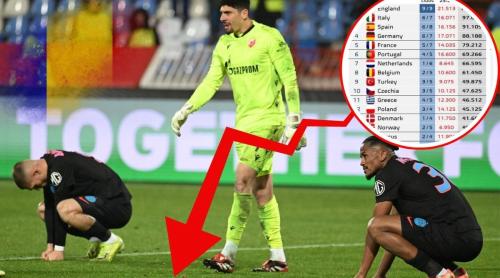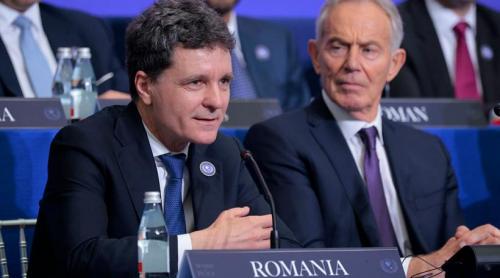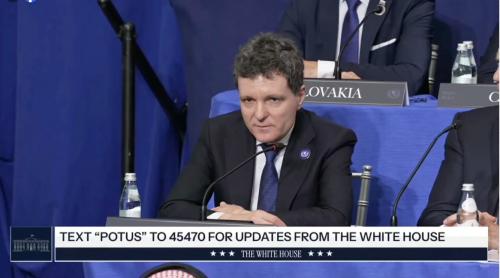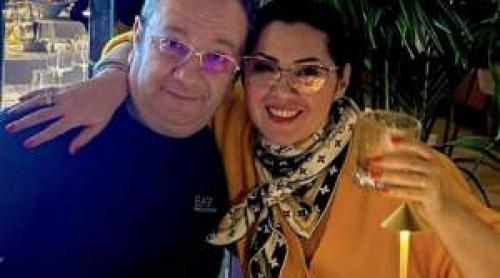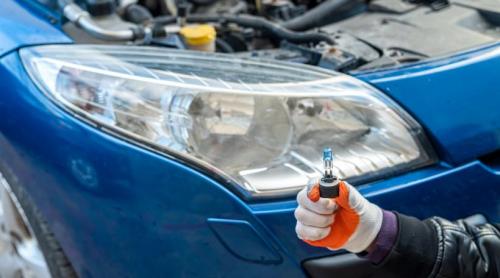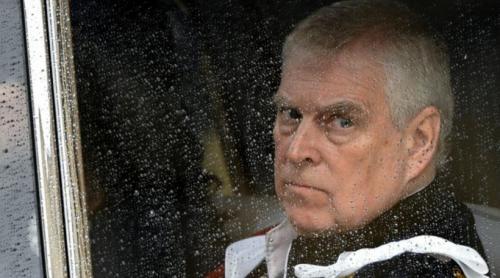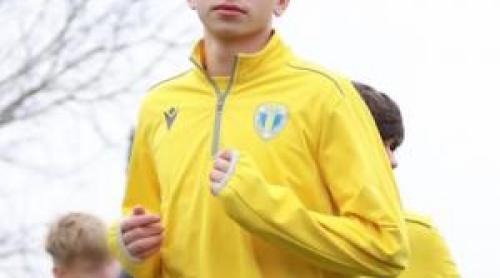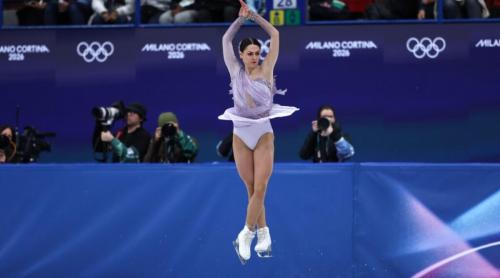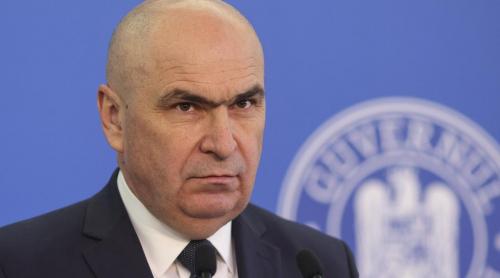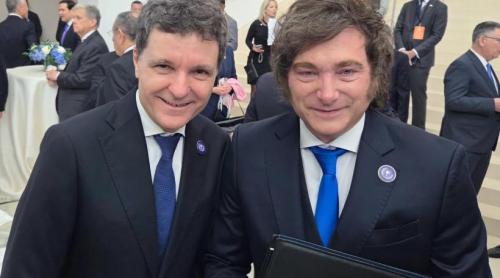
The second Prahova has not entered into the European Union. One can see a new car on its “bombarded” roads from time to time, but the people there are not too far from the era in which Geo Bogza described their lives in his long stories. This world needs anything. It needs everything. It needs roads, good water to drink, gas, roofs for the institutions, floors for the churches, for the people not to stay with their knees on the stones anymore.
We know the first Prahova very well. A lot of us know it from the childhood trains that led us into the camps or vacations with the parents. It is an unspotted Prahova, right under the mountains. It is the fresh Prahova through which we pass anytime we feel the need for fresh air. It is the Prahova shown every week by the televisions, the place where the cars full of people who want to escape from concrete, dust or banal create unimaginable jams.
It is the Prahova between Busteni, Campina, Sinaia, Valeni, Breaza and Cheia. It even includes Cornu. The area about which many people wrote a lot of literature, where oil was exploited without any limit and one-day-long republics were born. It's the intensely urbanized Prahova, with development resources and a certain place in the baggage of memories that we all carry with ourselves.
There is, however, a second Prahova. It doesn’t have spectacular natural resources, literature, or memories for the people that aren’t born there and it only has dry administrative links with the first one. It is the Prahova through which I wandered intensely in the past two months. The one that has the symbolic capital in Mizil.
Do you know the meaning of a “third category” commune? A place that is separated by a dream from a “second category” commune, which, for the people in the great cities, would be unimaginable from the civilization point of view. The second Prahova is full of this kind of communes.
The second Prahova has not entered into the European Union. One can see a new car on her “bombarded” roads from time to time, but the people there are not too far from the era in which Geo Bogza described their lives in his long stories.
This world needs anything. It needs everything. It needs roads, good water to drink, gas, roofs for the institutions, floors for the churches, for the people not to stay with their knees on the stones anymore. This world can think of a leap, of investors that will come and offer jobs, hopes, and united families only after all of these problems will be solved.
The second Prahova has the capital everywhere around. Most of the times, Ploiesti is too far away. People go there only when it is the only thing left for them to do. When it comes to shopping or fun they go to Urziceni, the radio stations broadcastings in most occasions come from Buzau. It is a Prahova with firm roots in the Baragan and clear Moldavian influences.
The people here are like all the people. They know very well what the most important things are for them and if one talks to them about the stars up in the sky, they can easily bring that person back on Earth. The European money is great. But if they pay 20 millions for 2 or 3 acres of land, Europe remains far on the horizon for them. For them, when the Teleajen River causes floods at Râfov, it means it can destroy their life savings in a second.
I was talking, once, about a second Romania and many rallied me for such a plan. But this Prahova is a part of the Romania I was talking about. I didn’t find about it now. The pupils’ snack, the social financial help, the guaranteed minimum income, the buses which take the children to school, the gyms built in exchange for the raw fields, all of these, started after the year 2000, represented investments in the second Romania, in the second Prahova.
The journalists in search of topics talk about a second Bucharest as well. The one without sewage, the one at the periphery, as well as the one without anything, with old houses full of rats in the center of the capital. The second Romania is everywhere, it lives together with the first and I can truly say that it is hoping to get a lot from it. Perhaps the role of these elections, meant to emphasize the connection between the MPs and the voters, is to achieve the third big union for the Romanians.
Citește pe Antena3.ro


